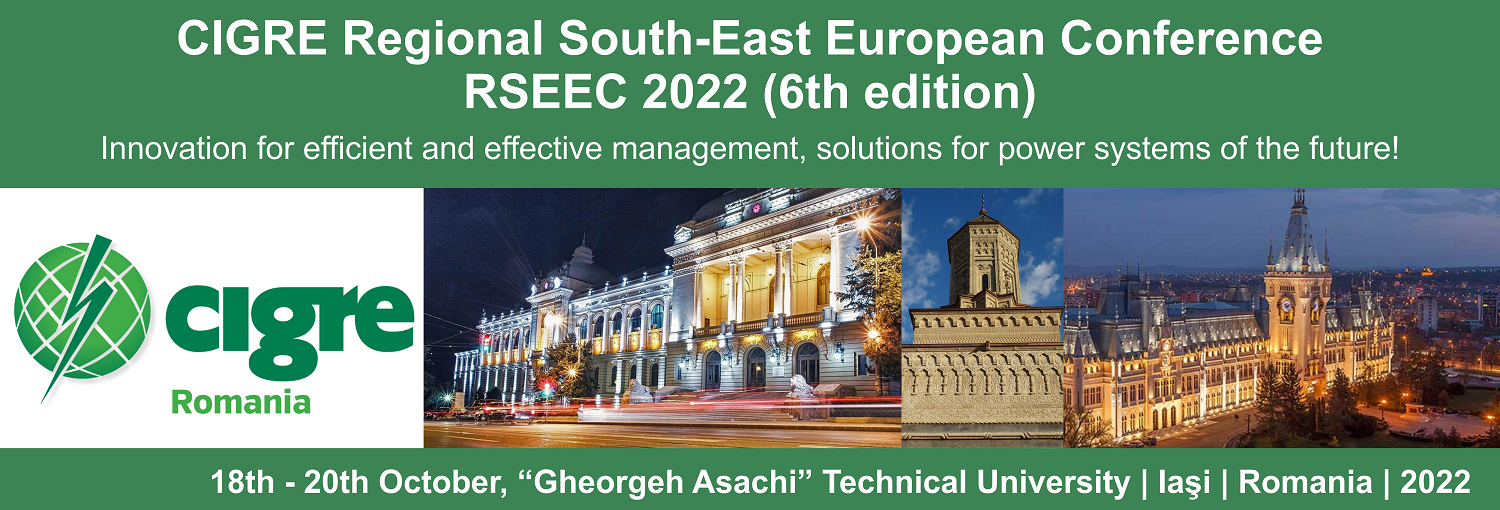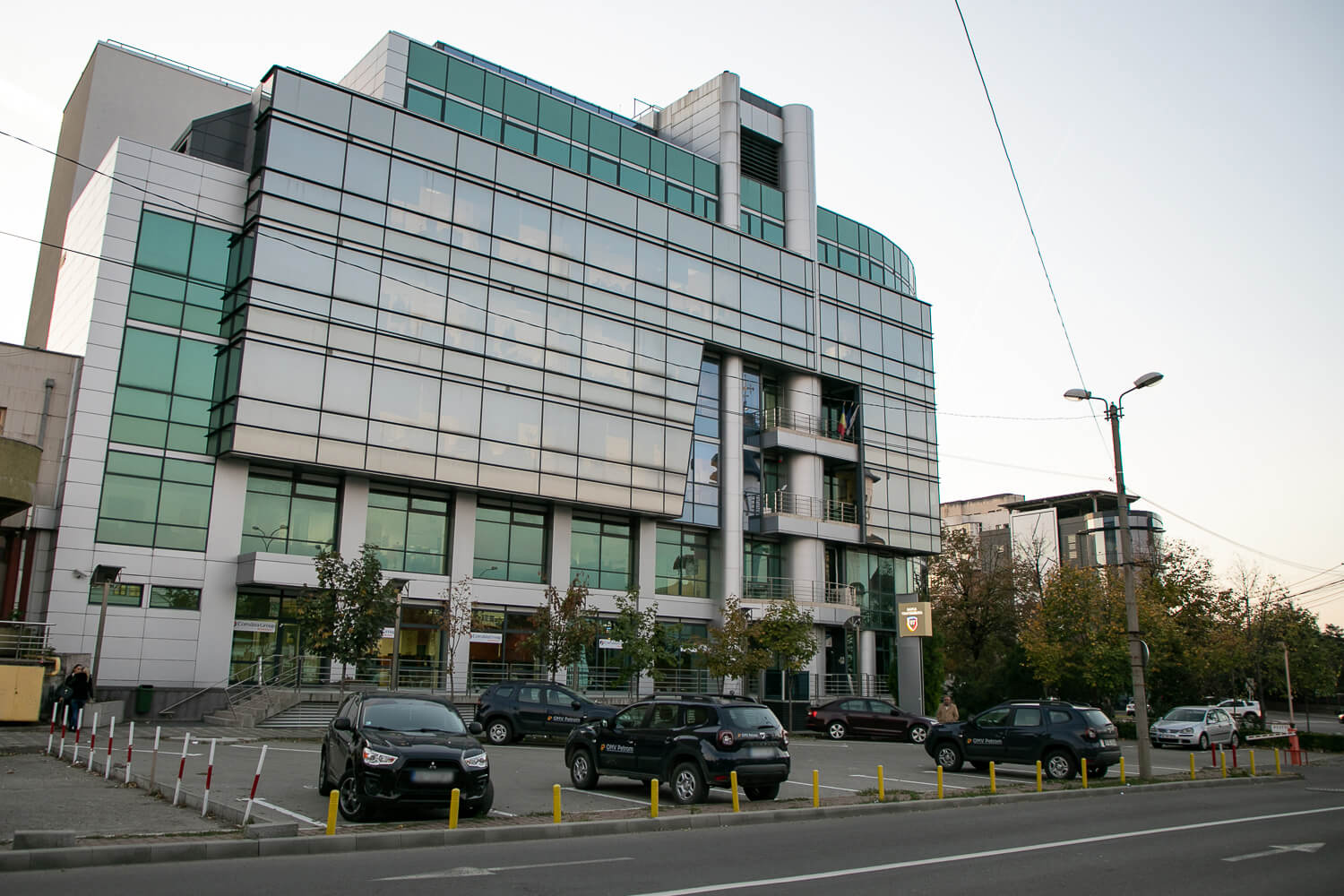Digitalization involves using technology to change a particular business model and to bring added value, additional revenue, and new opportunities for that business. Digitalization is not only welcome but also necessary.
Vodafone has recently released a report highlighting the impact IoT has on business in the context of the Covid-19 pandemic. The report includes responses from more than 1,500 companies globally, exploring how IoT is used and how it helps to be prepared for the future.
Covid-19 pandemic forced almost all businesses to change their working practices and priorities within weeks, with conclusions showing that 77% of users increased the pace of IoT projects during this time, while 84% declared that IoT technology is crucial for maintaining business continuity during the pandemic. As a result, the majority of the users (84%) now consider the integration of IoT devices with teams as the number one priority and 73% agree that the pandemic will speed up the implementation plans.
The study results are clear: IoT continues to generate value and ROI for users and 87% agree that their core business strategy has changed for the better as a result of embracing IoT.
Almost all (95%) say they have achieved a return on investment and 55% of adopters have seen that operating costs decreased by an average of 21%. From improving operational efficiency to creating new connected products and services, the key benefits of IoT implementations include increased employee productivity (49%) improved customer experience (59%).
You can’t manage what you can’t measure. IoT data becomes essential to support business decision-making (59%) and the majority of adopters (84%) believe they can do things they couldn’t do before, thanks to IoT. IoT data also helps 84% of companies achieve their sustainability goals.
Companies consider IoT an essential element of preparing for the future. So much that 73% say that organizations that failed to integrate IoT will fall behind within five years.
The pandemic showed that those who adopted IoT were more flexible and better equipped to meet the rapidly changing demands of customers and the market.
75% of the study participants now prioritize the IoT more than they did before the pandemic.
However, some companies are reluctant because they perceive IoT as relatively new technology and are waiting to see if it becomes an essential part of the new ways of working for their specific business area.
Currently, the “let’s see how things evolve” approach is the biggest barrier to implementation, affecting 42% of companies. This may be due to a lack of clarity on the benefits of implementing IoT. One-third (33%) say they are not yet sure how the technology will benefit their business.
Eximprod has a solution for digitalization – ES200 a virtual RTU developed by the R&D team.
Industry 4.0, using LoRaWAN as a communication protocol – for tracking or monitoring assets along the supply chain, smart cities, and smart parking solutions,- helps digitize mobility and optimize the use of public services and urban space, as well as create a platform for testing and experimental uses that will enable ecosystem development with new future applications.
The results may cover social and facilities management, or environmental management which can encourage smart cities development and improve the wellbeing of their citizens. This will involve the installation of sensors and the monitoring of comfort levels and consumption in multiple indoor-outdoor environments, in different types of buildings, service communication, and the collection of data on wider territory networks.
Moreover, data collection and resource consumption monitoring are the projects with the greatest potential.
The services in utilities represent a great opportunity in terms of efficiency and cost savings for both the companies involved and end-users, not to mention the savings from avoiding the waste of resources.
IoT can help utilities save resources, reduce costs, and improve environmental impact.
In smart network management, electric utilities can use IoT to optimize their services to their clients.
For data collection, ES200 provides an integrated IoT platform for managing and providing real-time (and remote) diagnosis and immediate ability to act either predictively or preventively, manually or automatically with the provider responsible for managing these service resources. ES200 provides and manages the LoRaWAN network infrastructure that will be implemented for data collection, offering a secure, fast and low-cost service to support real-time actions and decision-making.
Gradually LoRa will gain a higher share on unlicensed LPWA spectrum connections due to its advantages (such as higher yield, a greater range of vendors, more flexible business models/implementation).
ES200 solution, virtual RTU developed by Eximprod is useful both in the field of Industrial IoT, for OT and in the field of IoT for any community wanting a digitalization of services offered to the community.







